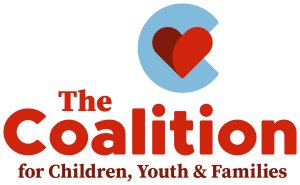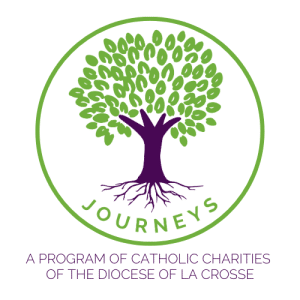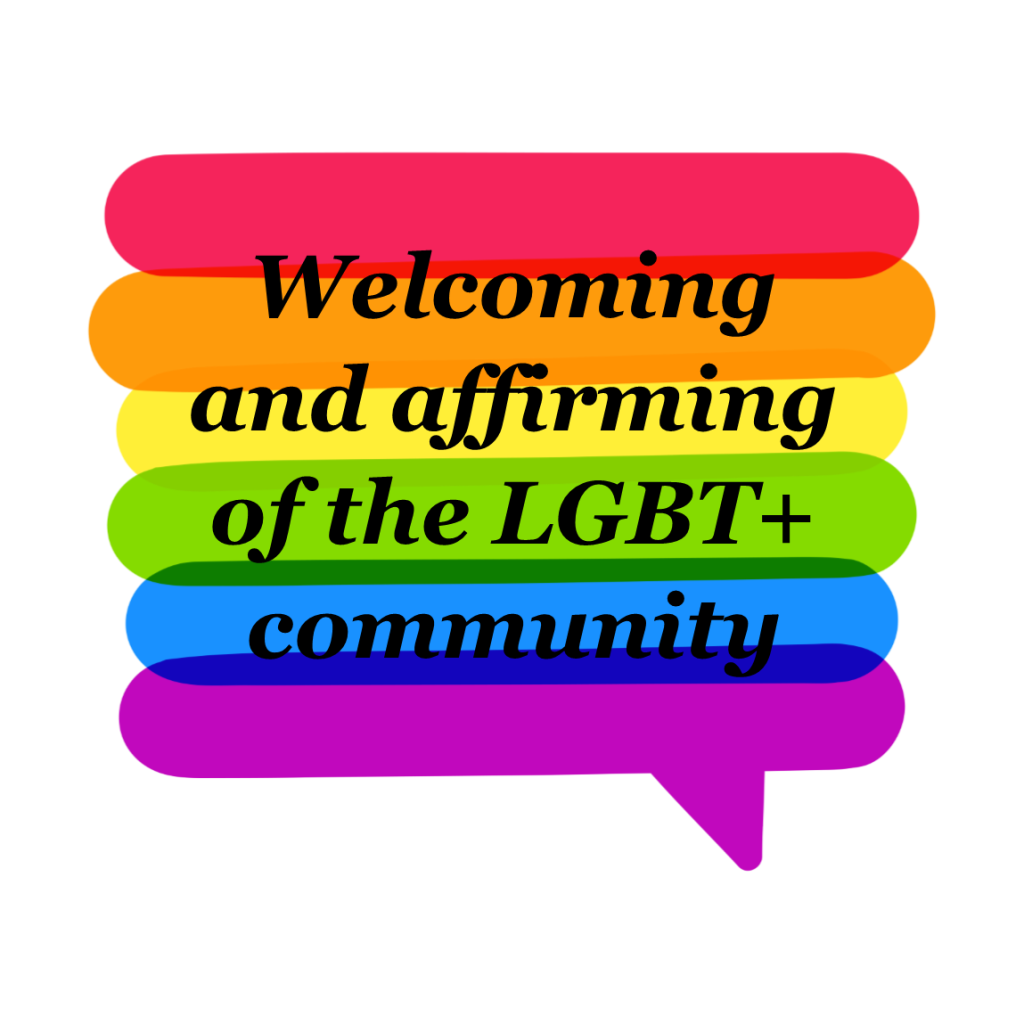Thank you for your interest in foster care!
The process of fostering can be emotional and complex, and it is also very rewarding. By clicking on the tabs below, you can download a free information packet, read some frequently asked questions and answers, and, if you would like, share your contact information with us to get connected with your county Foster Care Coordinator.
You can also find a list of Wisconsin Foster Care Licensing Contacts.
If you have questions or need additional information or support during your fostering journey, please don’t hesitate to contact us; we are here to help you!
Our foster care information e-packet has been specifically designed to provide you with information about foster care. As you read through the steps involved, keep in mind that the staff of the Wisconsin Family Connections Center are here to support, encourage, and assist you throughout your journey. You are welcome to call us at 800-762-8063 or email us anytime.
What is foster care?
Foster care is temporary care for children who cannot live with their families because of safety concerns. Children in foster care may live with relatives, like kin, or with unrelated foster parents. Public, private, and tribal child welfare agencies license foster families and manage the safety and well-being of the children placed in foster care. The primary goal of foster care is reunification.
What is adoption?
Adoption is the legal and emotional acceptance of a child not born into your family. There are several different kinds of adoption, including domestic, international, adoption from foster care (also called public adoption), independent adoption, stepparent adoption, and relative adoption. To learn more about adoption, please visit How Do I Adopt.
Who are the kids in foster care?
Children in Wisconsin’s foster care system are between the ages of 0 and 18. However, most often, the children in need of homes are not babies or toddlers; they are teenagers, sibling groups, or children with varying mental, behavioral, emotional, or physical health needs.
Some children have been significantly impacted by traumatic experiences and very much need stability and attention.
Is it hard to become a foster parent?
No, but it will take a little time. First, you need to contact a licensing agency (county, private, or tribal). The licensing professional will need to get to know you better through interviews and through assessing the paperwork that you fill out. You will also be required to attend training. You will find a list of licensing contacts here on our website.
What kind of support is available for foster parents?
As a foster parent, you will have a social worker available to you to offer support throughout your journey. You will receive monthly payments to help cover the costs of food, clothing, personal care, and any kind of special assistance a child in your care may need. There may be other supports or services that your licensing agency provides for foster parents, such as assistance with day care costs or respite services. Talk to the licensing professional about what is available.
How do I know if I’m ready?
It’s not a decision you can—or should—make quickly. Take some time to assess your feelings. Also, consider the responsibilities of a foster parent, as well as the goals of foster care.
Responsibilities of a Foster Parent
- Provide a safe and nurturing environment.
- Promote normalcy and personal growth and improve well-being by including children in the family’s daily activities and allowing them to participate in everyday activities without agency barriers.
- Support contact between children and their birth families/caregivers; establish working relationships with birth families/caregivers to co-parent children, facilitate connection, and provide transportation to and from visits when possible.
- Advocate for the children in all applicable domains (identity formation, maintaining connections, school, medical/developmental/behavioral health, etc.)
- Communicate and work closely with your licensing professional and the family’s child welfare professional and team regarding progress and concerns.
- Arrange and take the children to medical and dental appointments.
These are the basic responsibilities of a foster parent. There are more responsibilities you may take on as you parent/care for this child, as there were be with any parenting role.
You may also wish to check out our tip sheet, Is Fostering a Good Fit? Things to Consider.
Connect with a Foster Care Coordinator
If you would like us to share your contact information with your local Foster Care Coordinator, please fill out the form below.
Join Our Mailing List
Want quick, easy access to the resources you need to be a champion? The Coalition Connection, a weekly email newsletter from the Coalition for Children, Youth & Families, contains all the latest information on programs, events, resources, tips, and more.






